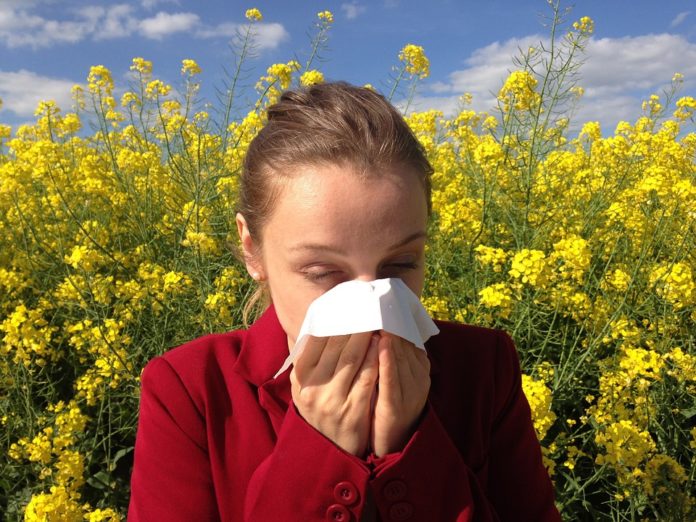Are you dealing with a case of sniffles? Are your eyes watering regularly? Those can be signs of allergies. Allergic symptoms can include a stuffed nose, wheezing, rashes, and hives.
You can get allergies from the pollens of seasonal flowers, grass, weed, and mold. However, More than 10% of people are allergic to cats, dogs, and other household pets. A more significant number is allergic to dust mites!
Allergic symptoms are more common than you think, and you might even be suffering from one right now!
Allergic symptoms
According to the experts at Maranatha Medical Plaza, here are a few things you can try to relieve your Allergic symptoms
1. Eye drops
To soothe your irritated eyes, you can try antihistamine eye drops with ketotifen. If you don’t have that, you can use tear substitutes like carboxymethylcellulose. However, These drops can instantly address the dryness and redness that arise from allergies.
2. Nasal sprays
When you have a stuffy nose, a headache is only minutes away. You should try to use humidifiers in your room if your throat feels too dry. Adding a couple of drops of lemon or peppermint essential oil to the humidifier/aromatherapy machine can unclog your nose. In addition in a dire case, turn to nasal sprays or nasal decongestants. Remember to not use them for more than 72-hours straight.
3. Antihistamines
Allegra and other antihistamines are the best friends every allergy-prone individual always has on the person. These can block histamine molecules, which are immune system messengers that mediate an immune response. These are OTC drugs, but be careful after taking them. Above all of them can cause drowsiness and lightheadedness after consumption.
4. Inhalers
Inhalers are life-savers for those with chronic allergies. Some individuals get bronchospasms or asthma attacks from the inhalation of allergens. A couple of quick puffs can relieve the symptoms by dilating the airways, but these bronchodilators are steroidal compounds. You should always consult your specialist before resorting to bronchodilators for the treatment of allergic asthma. If you suffer from asthma attacks, it is imperative to do an allergy profile and consult with a specialist immediately.
5. Injectable epinephrine
Epinephrine or adrenaline can jump-start one’s heart. It is a must-have in one’s emergency kit at home, office, or in the car if the person has life-threatening allergies. Such life risk typically arises from anaphylaxis from the consumption of nuts or soy products or the sting of bees. In addition, the symptoms of anaphylaxis include swollen lips, and airways, difficulty breathing, and lowered blood pressure. Typically, there is no time to call an ambulance or get EMTs for help. An epinephrine auto-injector kit can save you or your loved one’s life.
In conclusion, Apart from the five most important items every allergy-prone person must carry, you should try keeping antihistamine creams in your bag. Medical bracelets are especially useful for those with allergies to medicines like penicillin. After that, Keeping a medical alert bracelet for potential anaphylactic allergens or a list of allergens in a laminated card can be helpful in the case of any medical emergency.



















Comments are closed.